The autumn 2017 Index on Censorship magazine podcast features interviews with Ida Jooste, Peter Kettler and Joe Hynek on radio stations.


The autumn 2017 Index on Censorship magazine podcast features interviews with Ida Jooste, Peter Kettler and Joe Hynek on radio stations.

The autumn 2017 issue of Index on Censorship magazine explores the enduring power of radio, the most accessible form of media that continues to contribute to freedoms throughout the world.
Wana Udobang and Xinran discuss their experiences as radio hosts in Nigeria and China respectively, where the medium allowed people to open up in ways they wouldn’t otherwise. Ismail Einashe interviews the radio journalists in Somalia who report independently, while Mark Frary shows how the ascent of the podcast has been instrumental in countries including North Korea.

[vc_row][vc_column][vc_custom_heading text="Contributors include Madeleine Thien, Xinran, Peter Bazalgette, Laura Silvia Battaglia, Mahesh Rao, Chawki Amari and Amie Ferris-Rotman"][vc_column_text] The retro medium of radio is back, as we explore...

The number of people listening to radio stations is on the rise, and with the arrival of podcasting this old form of media is having a rebirth.

Journalist Abdulaziz Muhammad al-Sabri details the dangers of reporting in Yemen.
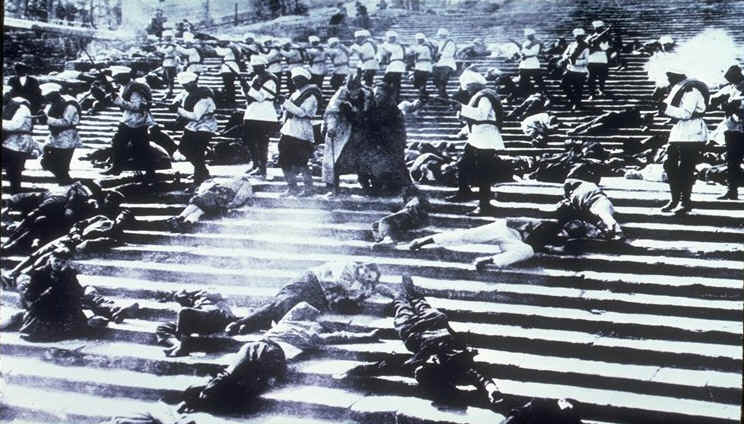
David Aaronovitch argues in the summer 2017 issue of Index on Censorship magazine that historical drama can also be manipulative when it ignores details of the past
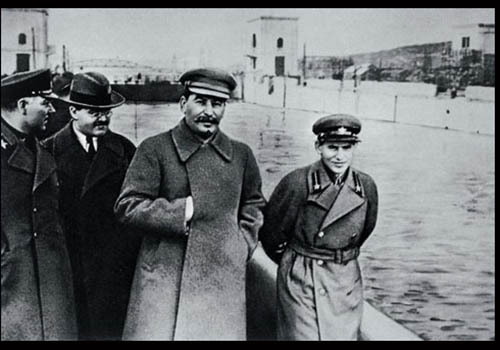
The Commissar Vanishes, David King’s visual history of the falsification of images, explores how Stalin manipulated photography to erase all memory of his victims
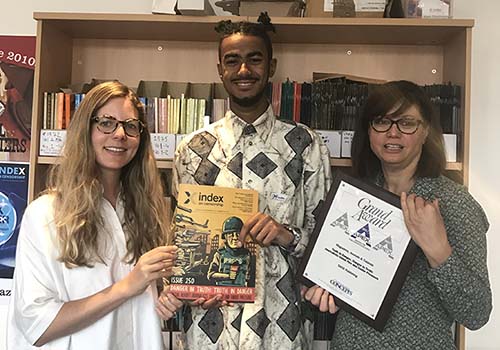
Index on Censorship magazine received a Grand Award as part of the 29th annual APEX Awards.
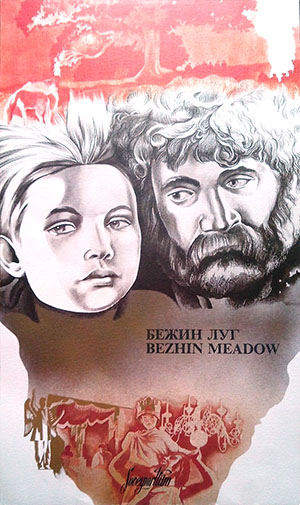
Members of Index’s youth board looked at three famous works that fell victim to the Russian censors
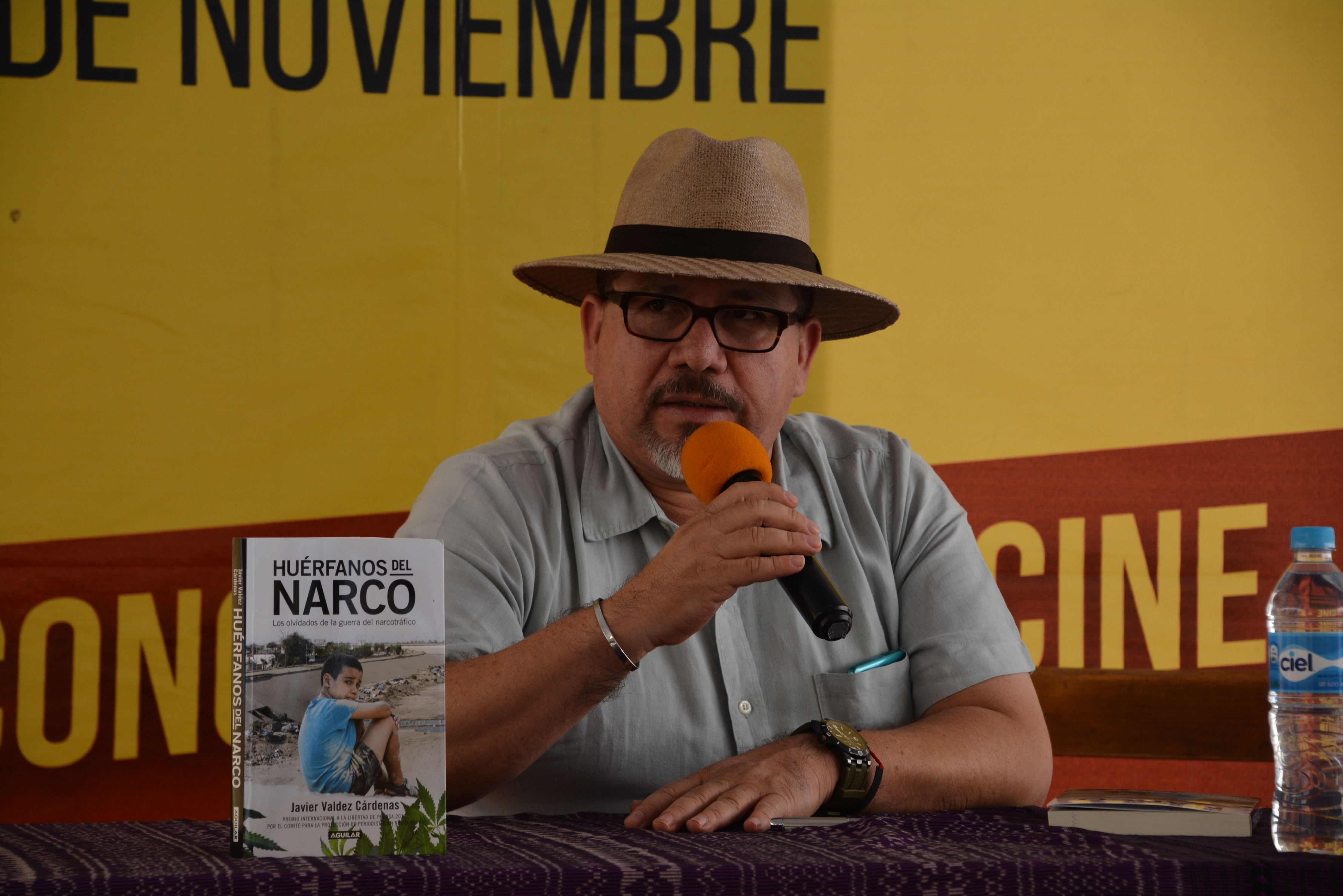
For years, Index on Censorship has covered stories of violence against the media in Mexico. In the first six months of 2017, seven journalists have been killed.
A quarterly journal set up in 1972, Index on Censorship magazine has published oppressed writers and refused to be silenced across hundreds of issues.
The brainchild of the poet Stephen Spender, and translator Michael Scammell, the magazine’s very first issue included a never-before-published poem, written while serving a sentence in a labour camp, by the Soviet dissident Aleksandr Solzhenitsyn, who went on to win a Nobel prize later that year.
The magazine continued to be a thorn in the side of Soviet censors, but its scope was far wider. From the beginning, Index declared its mission to stand up for free expression as a fundamental human right for people everywhere – it was particularly vocal in its coverage of the oppressive military regimes of southern Europe and Latin America but was also clear that freedom of expression was not only a problem in faraway dictatorships. The winter 1979 issue, for example, reported on a controversy in the United States in which the Public Broadcasting Service had heavily edited a documentary about racism in Britain and then gone to court attempting to prevent screenings of the original version. Learn more.